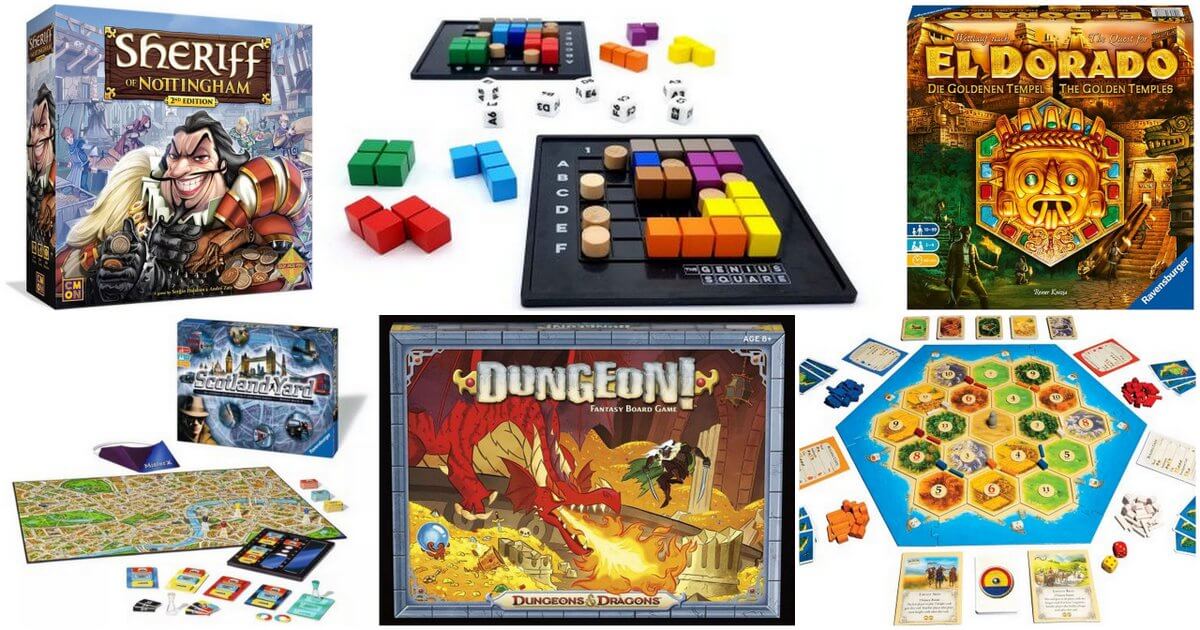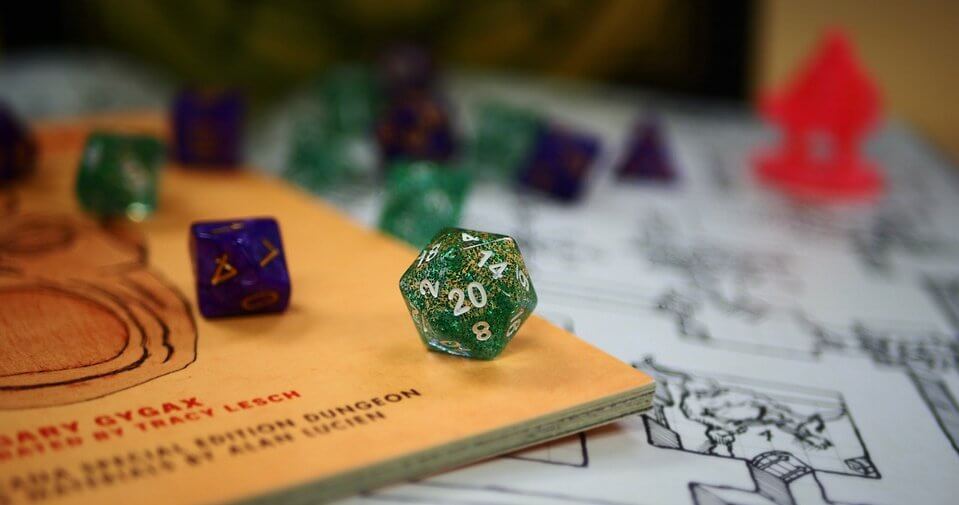When you sit down to play a board game with family or friends, something unique is happening. For that next little while, you really see the benefits of board games as you unplug your brain from the everyday stresses of life. You’re (hopefully) no longer thinking about your bills, work problems, or other annoying nuances of the day. And you’re actually able to focus in on the people sitting around you, connecting with them in ways that are hard to accomplish these days.
If you’re a parent like me, these moments with your kids are incredible and a bit rare. With kids spending 8+ hours a day on screens, it’s not easy to find screen-free time that they actually want to do. Plus, life is just busy. It feels like there’s never enough hours in the day to get things done, much less set aside time for board games.
Yet, the research tells us it’s worth it. For years, studies have been touting the benefits of board games. From combating loneliness and stress to helping create connections and promote play, there are lots of ways board games contribute to positive mental health. At Underdog Games, we believe board games are powerful in this way, so we wanted to highlight some of our favorite benefits of board games as it relates to mental health.
Board games keep us social.
Whether you’re an introvert or an extrovert, it’s good to have social interactions with other humans. Many of us experienced the lack of this directly during the pandemic. It was tough staying within our bubbles and not getting to see or interact with family and friends. During this time, board games soared in popularity with the whole industry up more than 20%. Yes, video and digital games were also up, but there was something nice about being able to sit down with a physical game and enjoy quality time together. I know it helped keep my family social, and many others have written about it as well—like this blog post from Michael Heron.
Board games promote play.
When we talk about the importance of play, it’s often associated with kids and academics. There’s so much research out there that shows just how effective play can be for helping kids learn better and retain information—the Genius of Play has great resources for this. Yet, the benefits of play aren’t limited to childhood. Adults need recess as well, and board games are a great way to get it. In turn, this can reduce stress, increase our well-being, and lead to happiness overall.
Board games help us connect in new ways.
Smack talk and shared experiences have a way of bringing us closer together, no matter your age or background. This is similar to the social benefit of board games, but it’s really more than that. By playing board games with people we don’t know that well, it helps us get to know them in a different way, thus deepening and improving relationships. Once a month at Underdog Games, we play a new game together, allowing us to connect with others in the company that we don’t always interact with. It’s been great for team building and collaboration. Here’s another lovely example of this where a group of students came up with a board game to help fight loneliness in the elderly.
Board games help us with stress and even depression.
Let’s be clear—board games don’t magically address serious concerns like severe stress, anxiety, and depression. But we love the examples that show gaming can release positive endorphins and improve a person’s mood. Some studies even show they are linked to improving symptoms of depression. Again, it’s no magic fix, and there are a lot of great, professional resources to turn to for mental health help. But for anyone who knows the struggles of dealing with these things, board games can offer a little bit of sunshine at times.
Board games and mental health can definitely have some overlap, and we think it’s worth celebrating! It’s a great reason to support the discovery of new games. Happy playing.





